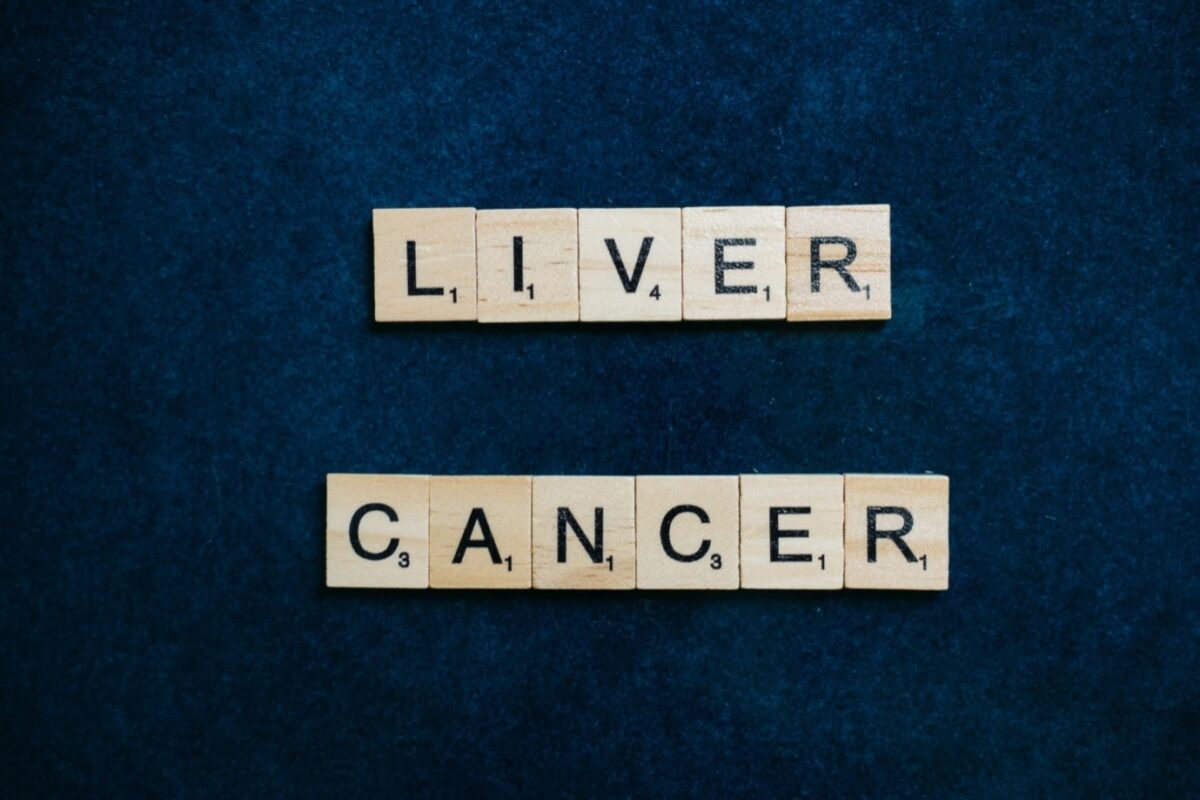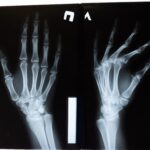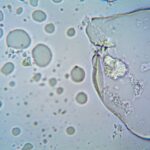Your liver is essential to life. How do you know if it’s healthy?

When it comes to health, many people overlook taking care of their liver. This is because it is the largest and one of the most important organs in the body. It acts as a container that stores all of the energy needed for you to function for the day.
Additionally, this organ is also a filter for your body, trapping and eliminating any toxins and waste in your blood.
It is also responsible for managing blood clots and adjusting your cholesterol levels. Considering all of this information, it can be safe to assume that it is essential to your health, and it is vital to make sure that it is in healthy shape.
What happens if it’s not healthy? Here are some signs and symptoms:
Many symptoms can help you identify if your liver is not healthy. One noticeable sign is that your skin and eyes become yellowish, which can signify jaundice.
In addition to that, there are other signs which are prevalent in someone with an unhealthy liver, which can include:
- Pain and swelling in the upper right region of your abdomen
- Itchy skin
- Dark colored urine
- Constant fatigue
These are just some signs of this organ being in an unhealthy condition, but it gets tricky when dealing with liver disease because there are no visible signs.
There have been statistical studies conducted by the American Liver Foundation that have shown that more than 100 million people in the United States have been diagnosed with some form of liver disease.
Let’s Talk About How the Liver Works and What Can Make It Unhealthy:
The organ weighs around three pounds, and the size of this organ resembles a football. The primary responsibility of it is to process everything you consume, and it does so by breaking down the fats to release energy.
When you go through the process of digestion, the food travels through your bloodstream to your liver, where it is filtered and converted into bile. This is a yellowish-green substance that helps your body break down fat.
There is a lot of liver disease which are related to aspects of your daily life. Some are related to hazardous health conditions, while others have to do with your lifestyle.
Whatever the reason may be, here are a few conditions which you should know about.
Obesity
Many studies suggest that the likelihood of developing liver diseases increases as your weight increases. This is because the extra weight increases the chance of developing non-alcoholic fatty liver disease.
Non-alcoholic fatty disease is one of the most common ailments which can be observed in people who are either suffering from obesity, type 2 diabetes, or high cholesterol. And if not treated, it can lead up to more severe consequences, such as cirrhosis.
Alcohol
It is a known fact that alcohol abuse can take a toll on your body. How this works is that when the organ is filtering out the alcohol, it creates harmful chemicals.
Although minuscule amounts of those chemicals will not cause any noticeable damage but drinking too much alcohol is entirely possible for those chemicals to damage this organ and can lead to alcoholic liver damage.
Drugs and Chemicals
Although liver support supplements and medications are good for your health, if not taken in moderation, they can cause acute liver damage.
It usually happens when you take high doses of medications very frequently and combine them with alcohol or drugs.
Cancer
There are many types of cancer that are capable of affecting this organ and can spread from other parts of the body.
Additionally, you are much more susceptible to contracting liver cancer if you have a liver disease such as cirrhosis.
How Problems Progress
As discussed previously, there are a lot of threats that can damage the organ. Whatever the cause is, all of their progress worsen in the same way.
First, it starts to swell, after which its scars, and this condition is known as fibrosis. Your liver may be healed if gone through proper treatment in the initial stages.
However, it will will start to worsen over time, and the fibrosis will eventually become permanent and act as a crutch that will disallow it to do its job correctly.
The last stage of liver damage is liver failure, which is fatal, and means that it has stopped working altogether.
So what can you do to help keep your liver healthy?
A great way to make sure that your liver is in peak condition is to limit the fat in your diet. This is because eating food heavy in fat can result in weight gain. Due to this, following a healthy diet is a great way to ensure a cleaner, healthier liver. Of course, liver supplements and liver support medicines can help, but you also need to pay attention to what you consume and how it affects your liver.
In addition to that, make sure to stay away from toxins, which include chemicals such as insecticides and cleaning products, because they can damage your liver during the processing phase.
Make sure to consume alcohol in moderation because large quantities of beer and liquor are linked to damaging your cells, which can lead to cirrhosis.
What about supplements?
Many people debate the use of supplements for liver support and improving liver health. Health is important, so you should only consider the best supplements for liver support.
Introducing Dr. Nandi’s Liver Support
Liver Support contains a specialized blend of all the nutrients which target your liver health, and this supplement is a great source for Phase I and II liver detoxification, boosting overall health. We recommend you nothing but the safest liver support supplements.
Phase I and II refer to the two main pathways of detoxification. Phase I involves non-reactive compounds, which form a reaction within the compound by utilizing oxygen. This prepares the metabolite for the second stage of the process, which is rather crucial for detox.
The reactions which occur in this stage of the process are the result of the biotransformation that the fat-soluble compounds go through when being converted to water-soluble compounds capable of being excreted in the form of urine or bile.
Liver support contains many botanical and plant extracts, including phytonutrients and antioxidants that protect plant life from any possible environmental challenges, such as exposure to radiation.
Silymarin (Milk Thistle Seed Extract)
This plant is indigenous to Europe and the United States and is a great source of liver health. Silymarin is a biologically active component found in the leaves and seeds of the milk thistle plant.
It benefits liver health in several ways, including detox support through the enhancement of the glucuronidation pathways.
Turmeric (Complete Turmeric Matrix)
Another great source of health and nutrition is turmeric which is found in Liver Support. It has been used in traditional Ayurvedic medicine for centuries, and modern research has shown much of why turmeric is such an important component of medicine.
A complete Complete Turmeric Matrix has been created, which has a lot of added benefits to liver health, as well as your overall well-being. Going into specifics, turmeric and its phytonutrients have shown signs of support toward Phase I and II detoxes.
Dandelion Root Extract
The dandelion plant is native to the United States and Europe. People use the plant’s leaves and roots for food and herbal medication as well .
There have been many studies conducted that prove that the dandelion root increase bile secretion, as well as glutathione peroxidase, glutathione reductase, and SOD, which play a significant role in boosting overall liver health.
Liver Health: Summarized
To keep your liver functioning as it should, here are my key takeaways:
- Avoid overusing drugs
- Consume alcohol in moderation
- Exercise regularly
- Eat healthily
- Use medication wisely
- Maintain a healthy weight




